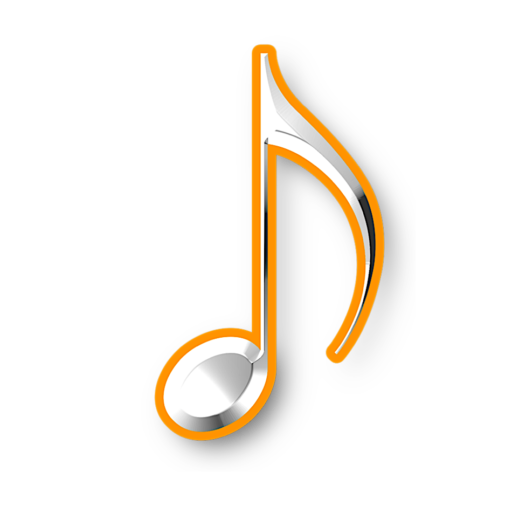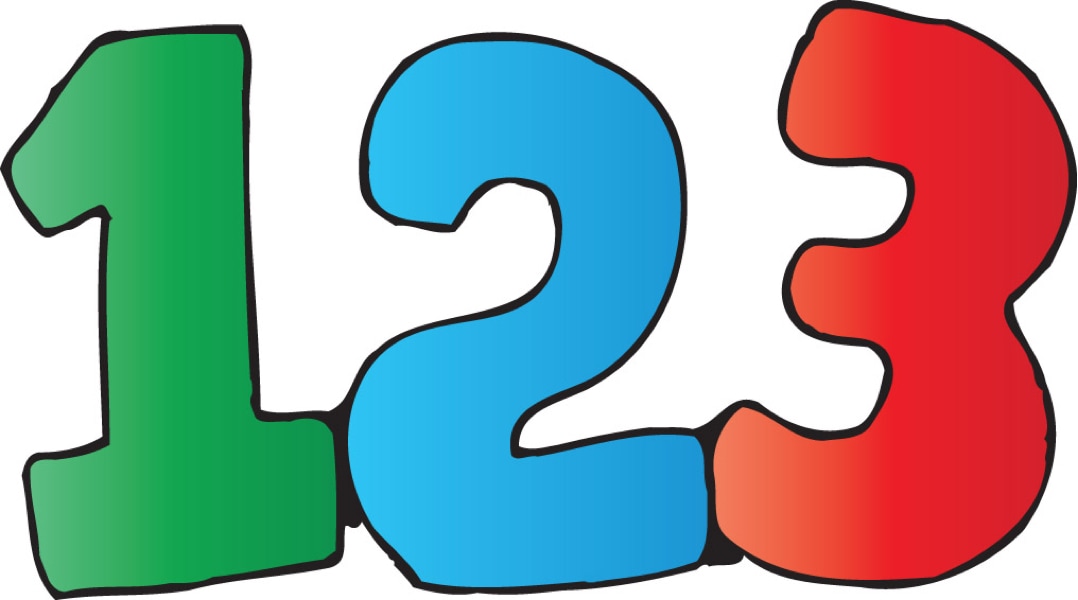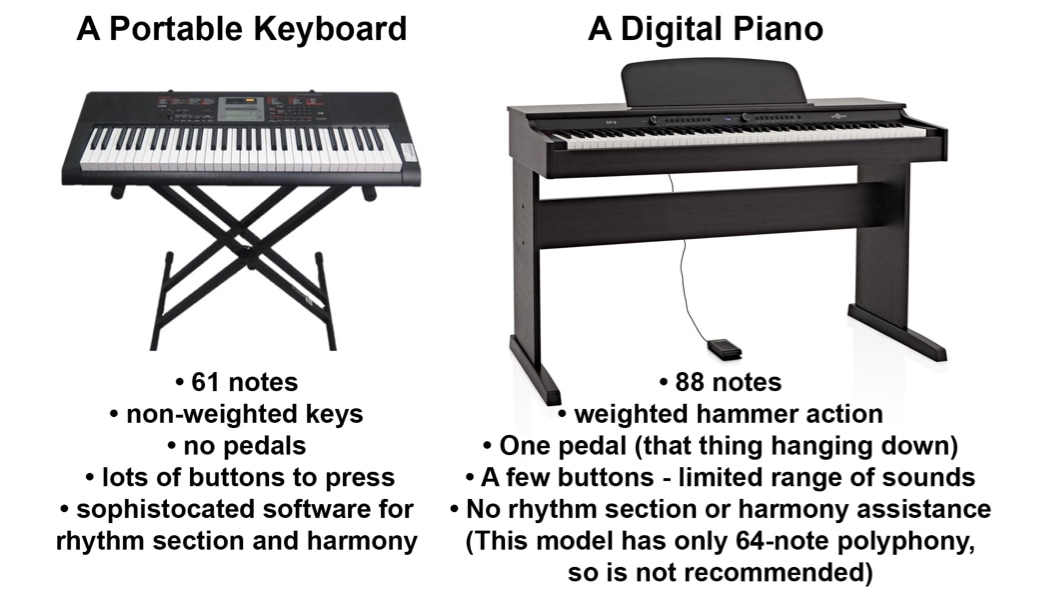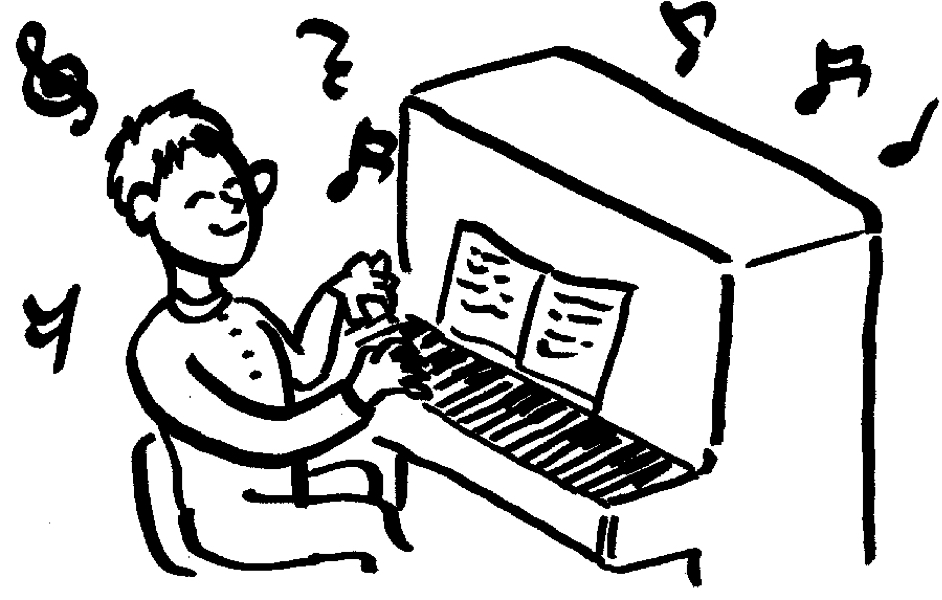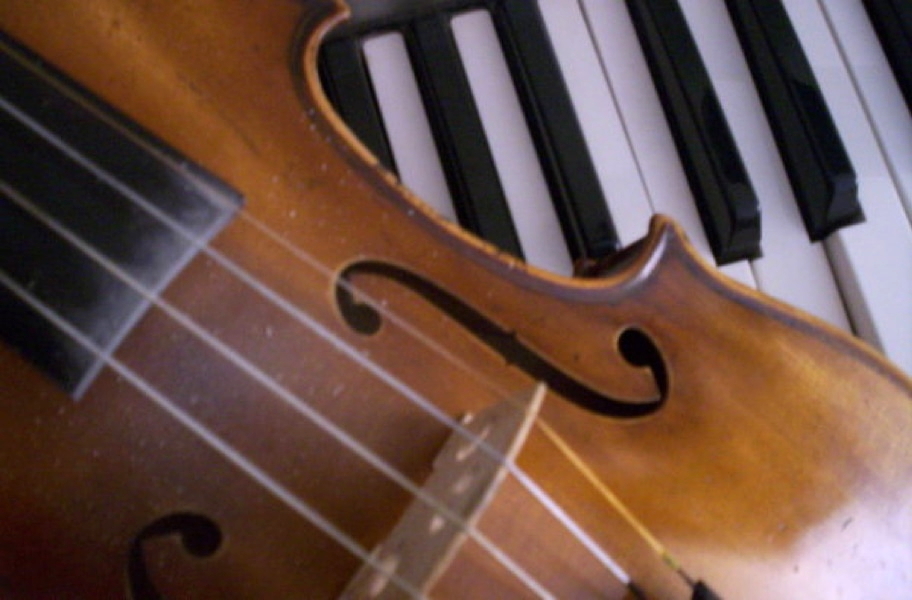
Piano Teaching for Advanced Instrumentalists and A-level students
If you are an A-level (or prospective A-level student), who needs to improve their keyboard skills, then here is a possible syllabus that I would suggest, with resources for the first year of lessons.
